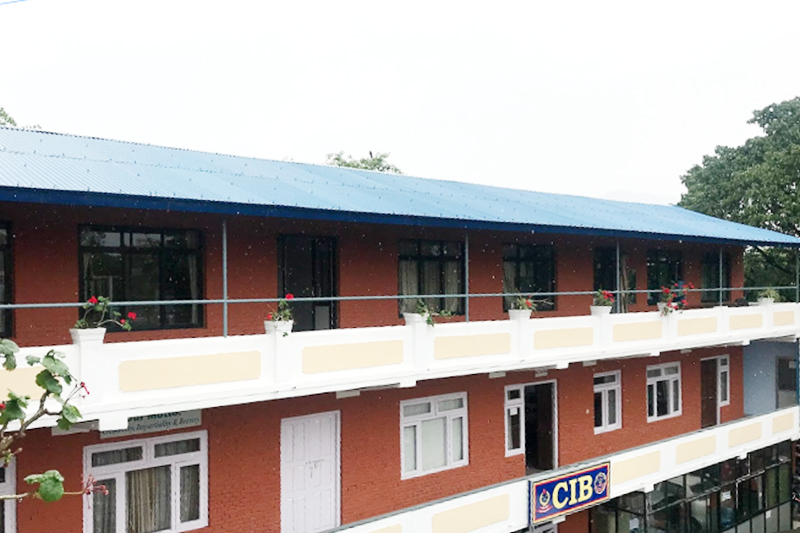Murder suspects held after 11 years
KATHMANDU, OCTOBER 18
The Central Investigation Bureau of Nepal Police has apprehended two persons, who were accused of murdering one of their fellow workers, 11 years after they allegedly committed the crime.
The murder suspects have been identified as Bhimsen Ghaga Magar, 51, and Ram Krishna Chuni Magar, 30, of Bhumphedi Municipality-8, Makwanpur. Acting on an intelligence input, plainclothes cops deployed by the CIB arrested the duo from Nepalgunj Municipality-15, Banke on October 16.
According to the CIB, Bhimsen and Ram Krishna had thrashed Dil Bahadur Yonjan, 36, of Makwanpur to death over a conflict of mutual distrust in Godavari Municipality-8, Lalitpur, on 14 May 2009. They had been absconding ever since. The victim was a fellow worker of the murder suspects in Godavari-based RM Brick Kiln. Superintended of Police Bel Bahadur Pandey, CIB spokesperson said the duo fled to New Delhi of India to escape police radar, following the murder.
“We were tipped off about their coming to Nepal from India via Nepalgunj and took them into custody,” he said. Before arrest, Bhimsen had been working as an auto rickshaw driver, while Ram Krishna used to work in a plastic factory by hiding their real identity in New Delhi.
They had also acquired Indian Aadhaar Card, a 12-digit unique identification number issued to all residents of India for various purposes. Of late, they were also found to have taken their families to New Delhi with the intention of immigrating in India due to the fear of being arrested.
The CIB has handed over Bhimsen and Ram Krishna to Metropolitan Police Circle, Chapagaun, in Lalitpur for further investigation and prosecution. The law enforcement agency has stepped up crackdown on absconding convicts and crime suspects.
Most of them, who are under surveillance of the CIB, are forgers, banking offenders, fraudsters, human and drug traffickers, murderers, rapists and kidnappers.
According to the CIB, the operation was aimed at tracking down the fugitives, who have been contributing to the culture of impunity in the country.






